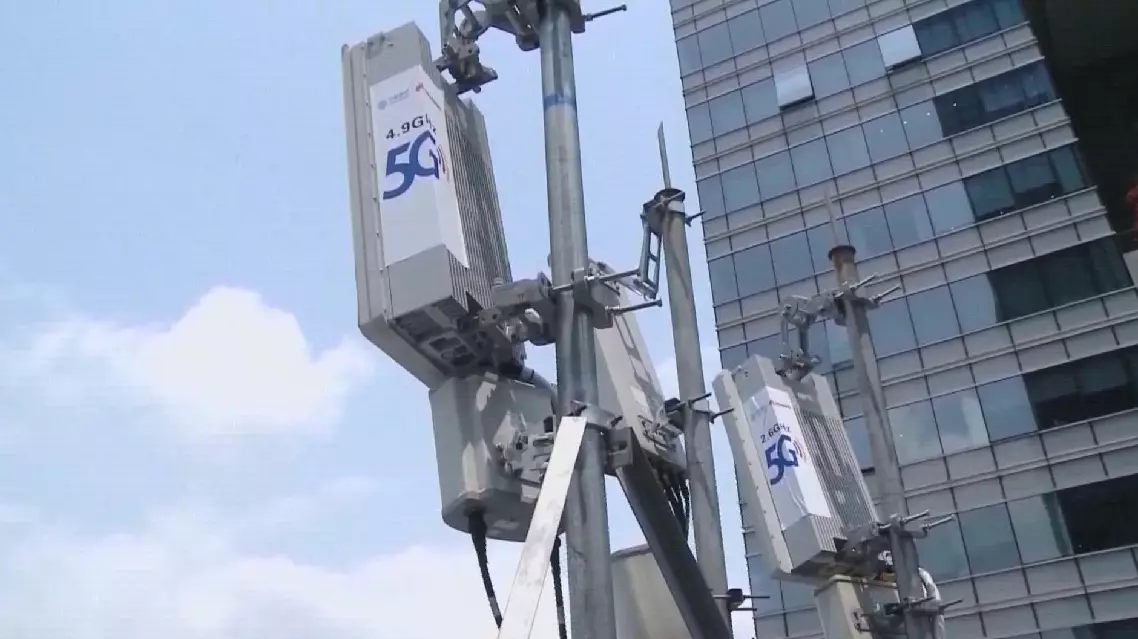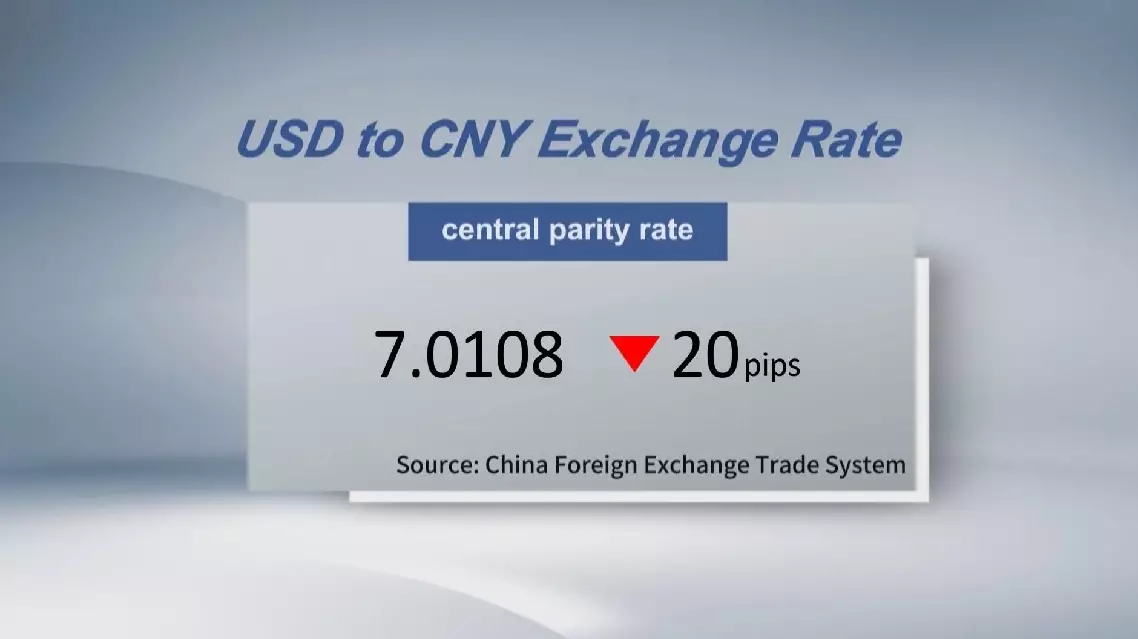China's digital industry generated 8.5 trillion yuan (about 1.18 trillion U.S. dollars) in revenue in the first quarter, representing a 9.4 percent year-on-year increase.
According to data released Friday by the Ministry of Industry and Information Technology, the growth rate is 4.4 percentage points higher than that recorded in the same period last year.
Breaking it down, revenue in the digital manufacturing sector grew by 10.4 percent, while the digital services sector saw an 8.2 percent rise.
The number of 5G base stations in China surpassed 4.39 million by the end of March, with user penetration reaching 75.9 percent, the ministry reported in April.
The digital economy's core sectors have maintained stable growth, with the software industry alone generating 3.1 trillion yuan in revenue, up 10.6 percent year-on-year. China has been committed to developing digital technology to transform and upgrade its traditional industries.
According to this year's government work report, the country will "accelerate the digitalization of manufacturing, foster a number of service providers with both industry expertise and digital know-how, and bolster support for the digital transformation of small and medium-sized enterprises."
China is also advancing an "AI Plus" initiative, which seeks to effectively integrate digital technologies with the country's manufacturing capabilities and market strengths.

China's digital industry revenue up 9.4 pct in Q1









